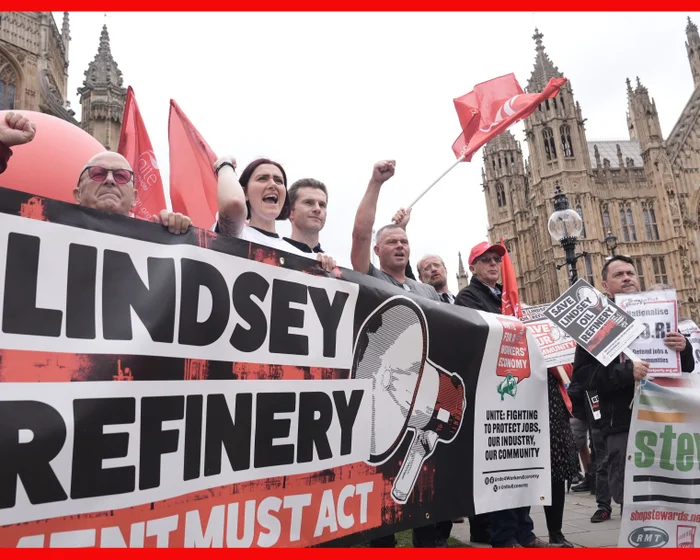October 1, 2025
Around 125 jobs will be lost at the Lincolnshire (Lindsey) oil refinery after its parent company entered insolvency, even as revised GDP data shows the UK economy grew faster under Labour than previously estimated

The UK faces a double blow: job losses at a key regional refinery and upward revisions to its economic growth figures. According to live reporting from The Guardian, 125 roles at the Prax Lindsey oil refinery in north Lincolnshire are to be made redundant by the end of October. This follows the collapse into administration of its parent company, Prax Group. The Guardian+2The Guardian+2
The refinery, one of the few remaining in Britain, has become a symbol of the challenges in the energy and industrial sectors. Reports suggest that about 255 other employees will remain on site for the time being. The decision was made following a review of the business’s prospects under insolvency. The Guardian+1
This development comes amid wider revisions to the UK’s GDP data under the new Labour government. The economy has been found to have grown more strongly in the first half of Labour’s tenure than earlier estimates suggested. The revised figures show modest growth of 0.2% in both Q3 and Q4 of 2024, contrasting with prior assessments of stagnation. The Guardian
The upward revision underscores resilience in consumer spending and business activity, even in a climate of fiscal uncertainty. Analysts point to stronger-than-expected performance in services and retail sectors, while business investment declines were smaller than initially reported. The Guardian+1
However, the refinery job cuts cast a shadow over the positive economic data. The Lindsey site is a critical asset in the UK’s energy infrastructure, with a refining capacity of around 113,000 barrels per day and a workforce previously reported in the region of 415 employees. The Guardian+3Wikipedia+3Reuters+3
The closure also raises concerns over energy security and increased reliance on imports. With domestic refining capacity shrinking, the UK may face higher exposure to global price volatility and logistical vulnerabilities. Reuters+1
The Unite union has been vocal in criticizing government and industry management, warning of knock-on effects on local economies and supply chains. There is urgency in finding sustainable buyers or restructuring options to preserve some operations and jobs. The Guardian+1
On the macro side, the revised GDP data gives the Labour government a stronger platform to justify its economic policies. It suggests that the early months of its term have been more robust than critics assumed. Yet, the juxtaposition of growth with industrial contraction highlights structural challenges still facing the British economy.
Moving forward, policy demands will intensify: protecting strategic industrial sites, supporting workers displaced by closures, and ensuring that positive GDP trends translate into widespread, sustainable job creation across all regions. The refinery cuts may also prompt renewed debates on tax, energy policy, and regional investment to prevent deepening disparities.
In sum, the story of the Lindsey refinery job cuts and revised economic growth is one of contrast: resilience at the national level, and fragility in key local industries. How the government and private sector respond could define the next phase of UK industrial and fiscal strategy.